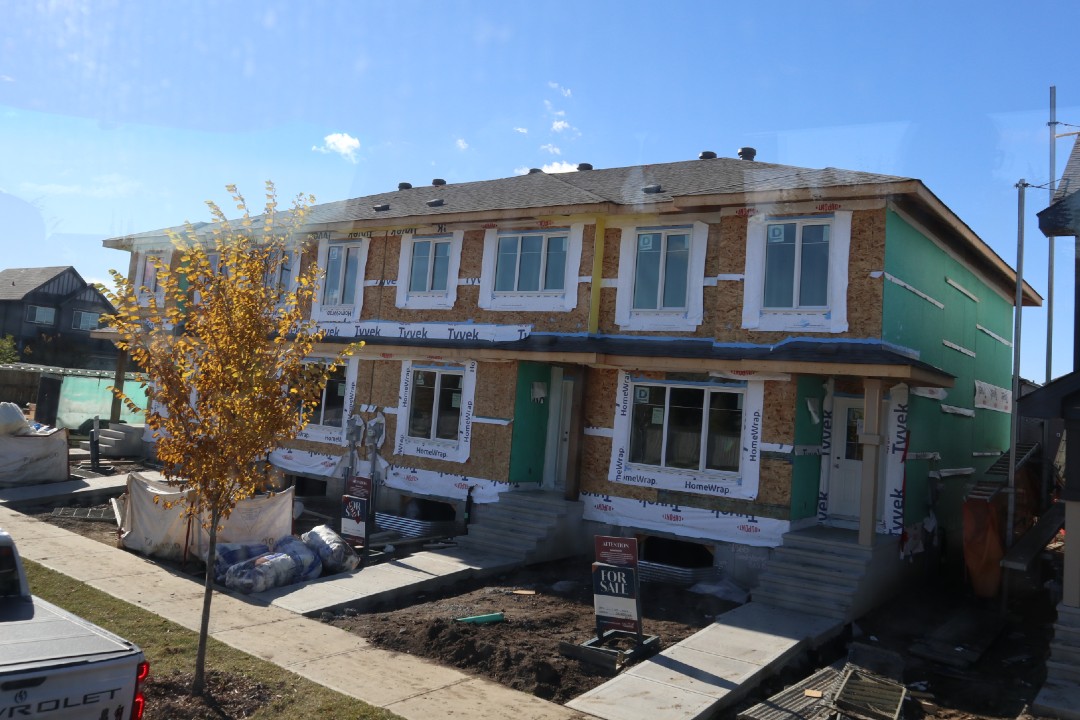GoA's Q4 2024 Population Report just came out. It has been viewed by 30 people total so far, so hot off the presses. Some highlights:
- Alberta maintained its position as the fastest-growing province in Canada for the sixth consecutive quarter.
- For the tenth quarter in a row, Alberta led the country in interprovincial net migration gains.
- Recent federal policy changes, such as caps on international student permits and restrictions on temporary foreign worker permits, have contributed to a slowdown in non-permanent resident gains. Alberta led the country in net non-permanent resident inflows.
As of January 1, 2025, Alberta’s population is estimated to have reached 4,960,097. Between October 1, 2024,and December 31, 2024, Alberta’s population grew by 28,496 residents (0.6%), down from 1.0% during the sameperiod in 2023. Net international migration was the biggest driver of Alberta’s growth in the fourth quarter of2024, contributing 0.4%, followed by net interprovincial migration at 0.1% and natural increase with 0.1%.
Alberta welcomed 15,038 immigrants in the fourth quarter, setting a record for this data series (since 1971). This accounted for 14.5% of national arrivals, a provincial high not seen since 2017. Alberta’s immigration arrivals for the fourth quarter were second only to Ontario (46.3%), while British Columbia and Quebec’s shares were 12.3% and 12.1%, respectively.
TL;DR: Migration isn't slowing.




